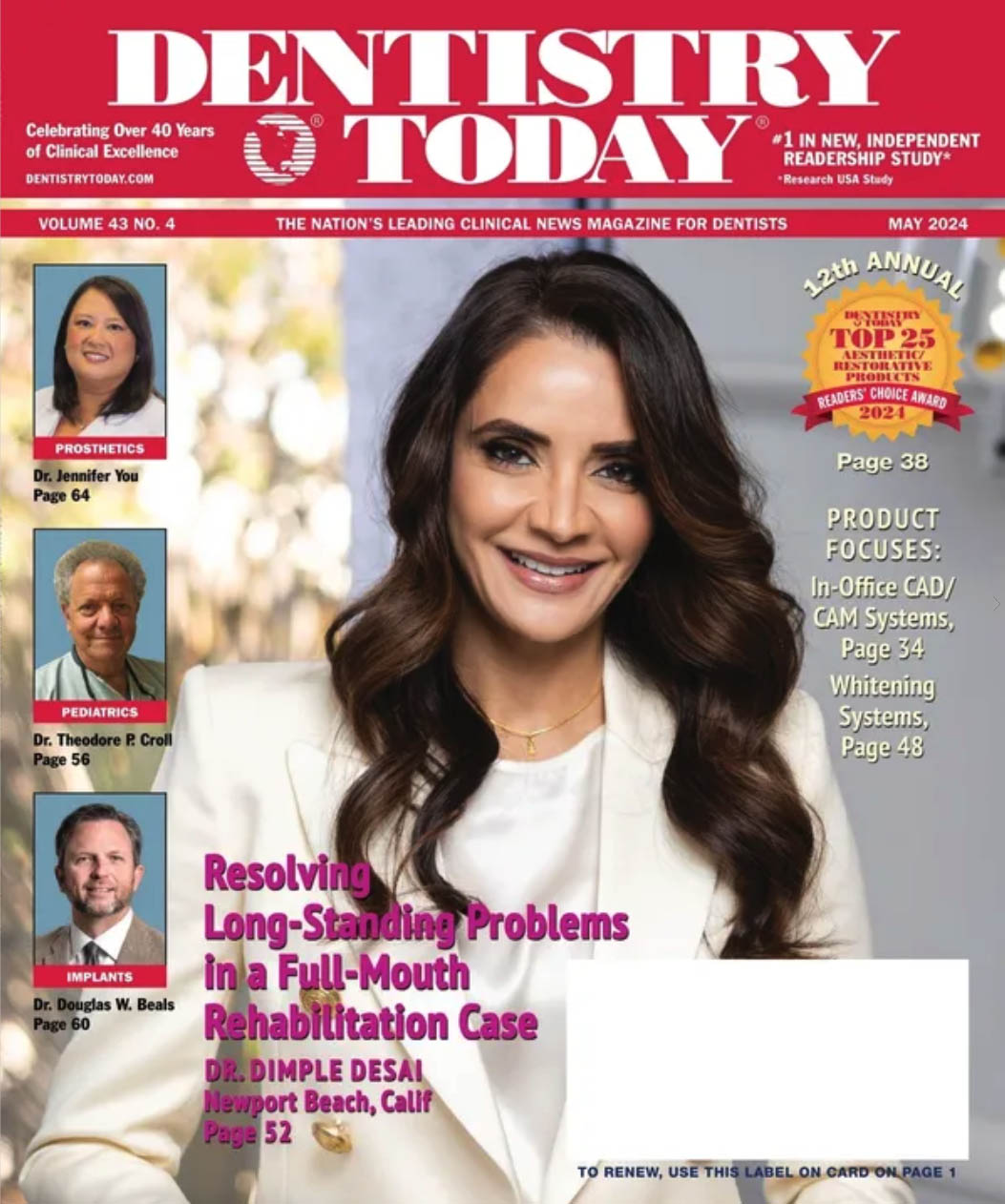0
Shares
A literature review published in the June 2007 issue of the Journal of Periodontology indicates that there might be a relationship between melatonin, secreted partially by the pineal gland and released into saliva, and diseases that are aggravated by free-radicals and by the body’s response to bacteria in plaque. Literature indicates that when inflammation is present, levels of melatonin will rise in the blood and saliva, which could have effects that are beneficial when weighed against the loss of alveolar bone. Levels of melatonin will vary based on the amount of periodontal disease present. The review did not evaluate the treatment option of supplementing the diet with melatonin, but the chief investigator, Antonio Cutando, DDS (University of Granada, Spain), reported that this could be an area for more investigation. While melatonin is most commonly known for its control of circadian rhythms and sleep, it is a major antioxidant, protecting the body against some types of cancer, stimulating immune responses of the body, and slowing the aging process, while it stimulates the production of collagen fibers and actively promotes bone formation by suppressing bone resorption.
Preston D. Miller, Jr, DDS, president of the American Academy of Periodontology (AAP), reports that while supplementing the diet with vitamins D, E, C, and calcium have positive effects on wellness and periodontal disease, adding supplements is not a substitute for good oral hygiene and periodontal awareness. He states that all patients should know their “pocket probing depths.” Bone loss measured at 5 mm or more could indicate surgical treatment to restore lost bone.
(Source: AAP, perio.org and the Journal of Periodontology, 2007, Volume 78, Number 6)








